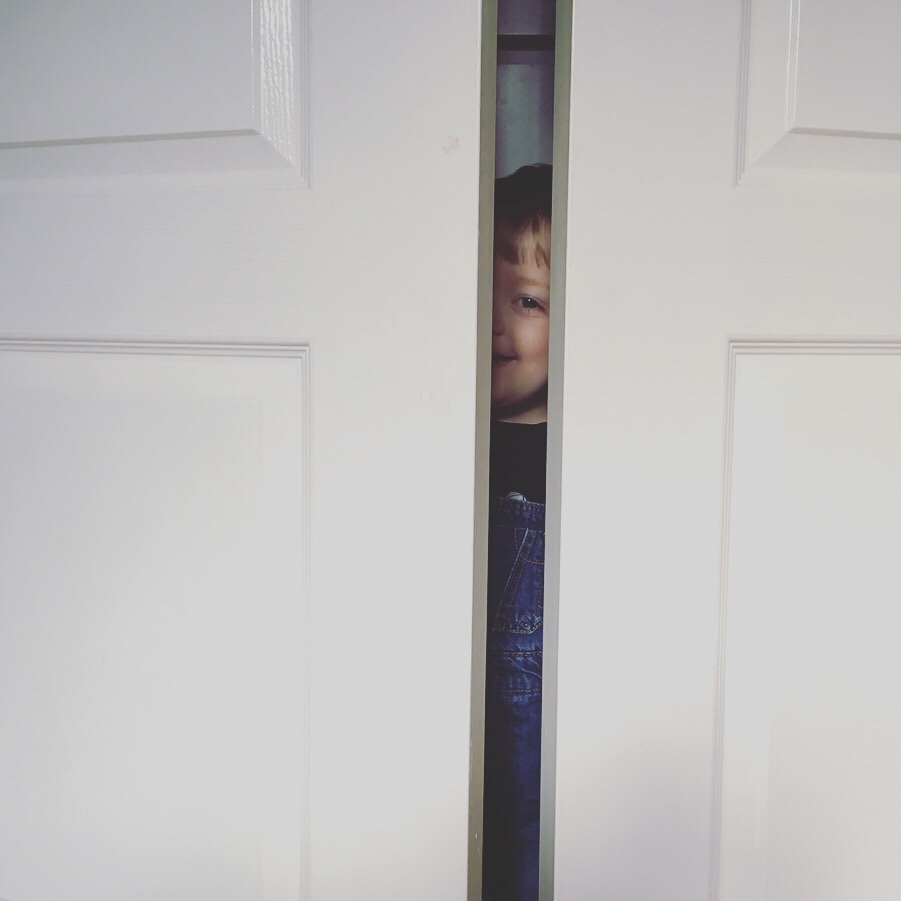Hello again on a damp Tuesday evening! I thought this morning how much I’d enjoyed writing last night because it was in no way related to Covid. It made me realise how much our lives have been taken over this year. But enough of that, we enjoyed popping to our favourite cake shop today to buy cupcakes, an extra special after school treat! Some of us opted for traditional autumn clothing of bobble hat teamed with sunglasses.

But back to National Adoption Week. A lot of people are understandably anxious about the assessment and approval process, so I’ll try and talk those things through a bit.
Q: I’ve heard that to adopt you need to – have a spare room/have a year’s savings/have a large support network/have never lost your temper/be a super-human.
Ok so maybe I stretched that a bit, but there are definitely lots of things people have heard about the kind of person who will be approved to adopt, a lot of it not true. The Adoption UK’s campaign this year is #Youcanadopt, to try and break down some of those perceived barriers.
The first one is true, however. You do need a spare room to adopt. The reason for that is to give an adopted child a safe and private place. That doesn’t mean that siblings can’t share, however. We have our two youngest boys in one room, our two oldest girls share, and Toby and Miss M have their own rooms.
Beyond that, however, the assessment is definitely not looking for perfect people. It does dig deeply into personal stories, because it is essential that children are placed in as safe and stable a home as possible. But the assessors and panel know that most people have complex lives. People of any faith, any race, any sexual orientation, single or in a relationship can adopt. Financially as far as I’m aware, there isn’t a set requirement for savings. Finances are assessed, but that doesn’t rule people out. When we began our fostering assessment we were in significant debt, and were in a debt repayment programme. The fact that we had recognised our difficulties and taken steps to get ourselves in a better financial position, and were able to show how we would be able to provide for a child, meant that we were approved anyway. When it comes to adoption, there can be financial support in various ways, and there’s no shame in enquiring if things get difficult. The welfare of the child is paramount, and no one can predict at the beginning of a placement what might happen in the future (pandemics, for example!).
In a similar way, many of the trickier things in people’s pasts are not a barrier. What the assessment looks for is that people have thought those issues through, have learned from mistakes, have worked through challenges, and have been honest in the assessment process, and are self-aware enough to know what their limitations may be. No one is perfect. We all have a past. And often the very challenges we’ve been through ourselves may be the experiences that can make us the right parent for our children.

Support networks are valuable – most of us know the old African proverb ‘It takes a village to raise a child.’ Parenting is incredible – but can be incredibly relentless and wearing. And parenting children with a history of trauma can definitely bring challenges along the way.
However, I will say that I think support networks can also change and grow over time. We are very lucky in having families nearby and many close friends through church and schools. But when I think back to our support network that we described in our fostering assessment 9 years ago, there are definitely changes. People move away, friendships change, family situations alter as people get older. And new support comes in too. There are new friendships that are incredibly special, there can be relationships formed through toddler groups, adoption groups, and school communities that you wouldn’t be able to anticipate at the beginning of this journey.
So I think again the important part is to consider those things. If you are a single adopter, it will be essential to have people you know would be there to give you a break to recharge batteries. If you’re in a couple, you need time together to keep being a strong team for your child. If you work, knowing who you could call for emergency childcare will help. But those things aren’t set in stone, and not having all the answers doesn’t mean you wouldn’t get through, it’s about showing an understanding of the value for the child’s wellbeing being linked to your own wellbeing along the way.
Q: People have told us we need volunteering experience, why? If you get pregnant you might not have experience of children!
I hadn’t heard this before, but I can see the sense in it. As a new parent you question everything, and as adoptive parent there are even more reasons to question what is normal. So to have some understanding of children will help. And the odd nappy change or cleaning up vomit experience wouldn’t go amiss either!
However, on the flip side, I grew up with five younger siblings, was a qualified midwife, and I still felt clueless when presented with my firstborn. Who clearly had not read the books I’d read about the need for her to nap 2.5 hours every afternoon. I was lucky if she slept for 15 minutes. And then I spent the remaining time trying in vain to get her back to sleep, because the book said so. Ultimately, children are unique individuals who don’t fit a handbook, and we’re all learning as we go. Maybe having too many preconceived ideas and pressures can cause more anxiety than benefit.

Q: Is there anything you weren’t told before you started the adoption process that you wish you had been told, and do you have any advice to give someone looking to start it?
I think when I look back now, particularly with experience of sitting on the other side of panel too, I think it would be to know that they really do want to approve adopters! I think because the process is so in depth and intense it can feel like you’re constantly having to prove yourself. I used to tell Liam before the social worker came to make sure he didn’t tell any jokes!!! The ironic thing being that both our assessing social workers had a really good rapport with him, and commented really positively in our assessment about his sense of humour (they clearly hadn’t been married to him!). Obviously the process needs to be like that because the children’s needs and safety are the central thing in it all, and finding the right people who are committed and caring and understanding of the issues at stake is essential. But at the heart of it, social services have children they desperately want to find homes for, so they certainly are not out to reject potential families for the sake of it.
I think if I had advice to give someone starting the process, it would be that as you go through it all, the meetings, the waiting, the stressful moments when it feels like it will never happen, to keep in focus that at the centre of it all is a small child. And that small child needs someone who is willing to risk their own heart to help the child heal. Who is courageous enough to face the unknown to offer safety to a little one who’s come from the unthinkable. Who is willing to choose to love to a child who has no idea how to.
I think that’s what has helped me through the risks and unknowns and frustrations of the process, and helps me through the hard parts of parenting.

And I wish I’d known how much I could love them.
‘A child born to another woman calls me Mummy. The magnitude of that tragedy and the depth of that privilege are not lost on me.’ (Jody Landers)